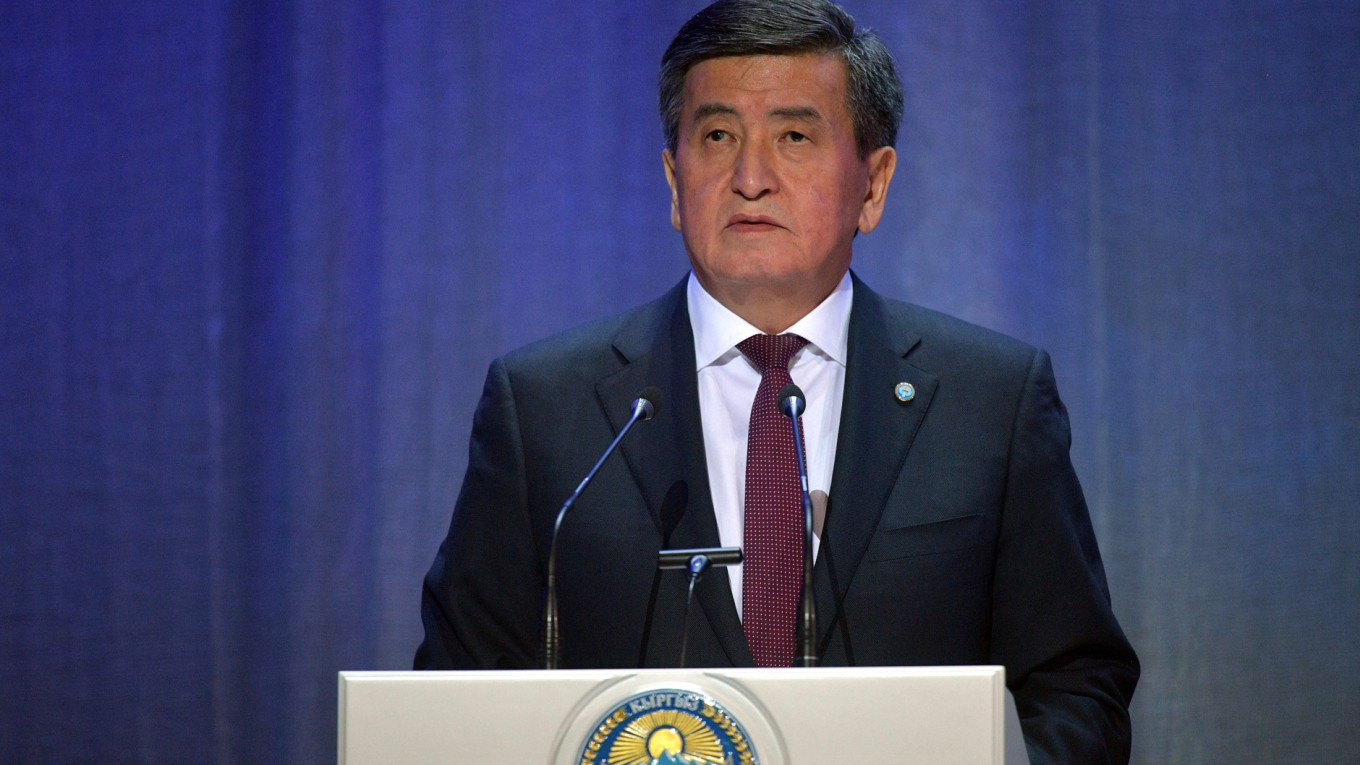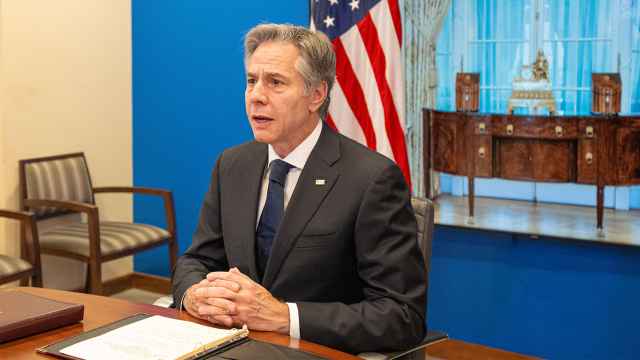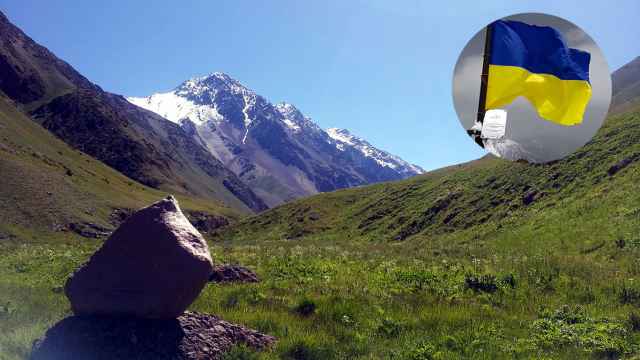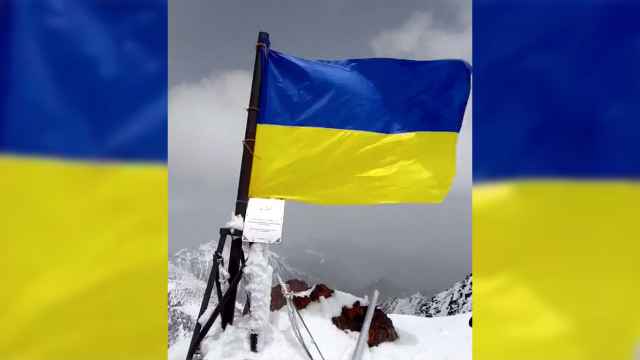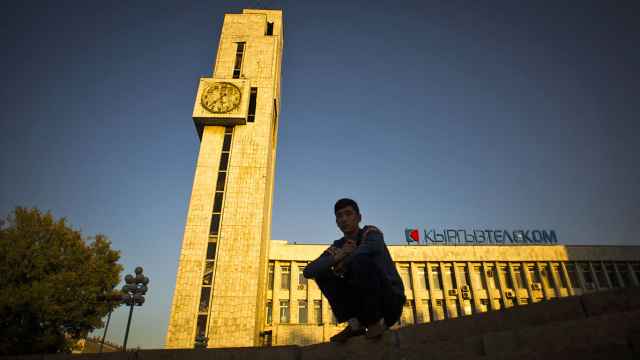Kyrgyzstan's President Sooronbay Jeenbekov resigned on Thursday, saying he wanted to bring an end to the crisis sparked by disputed parliamentary elections earlier this month.
Protests had erupted after the election on Oct. 4 was won by parties loyal to Jeenbekov but opponents said was hit by vote-buying. The results were later annulled but this did not quell the tensions.
"I am not clinging to power. I do not want to go down in the history of Kyrgyzstan as a president who allowed bloodshed and shooting on its people. I have taken the decision to resign," Jeenbekov said in a statement released by his office.
More than 1,200 people were injured and one killed during the clashes in the wake of the elections between protesters and police.
The move came as supporters of Prime Minister Sadyr Japarov — who was serving jail time for hostage-taking only last week — gathered once more Thursday to demand Jeenbekov's immediate resignation.
"The current situation is close to a two-sided conflict. On the one hand, the protesters, on the other, the law enforcement agencies," Jeenbekov said in the statement.
"Military personnel and law enforcement agencies are obliged to use weapons to protect the residence of head of state. In this case, blood will be shed. It is inevitable. I urge both sides not to succumb to provocations."
'Return to peaceful life'
The president had on Wednesday finally accepted the nomination of Japarov as prime minister, in a move seen as the first step towards calming the crisis. But Japarov insisted that the president should step down.
Jeenbekov called on Japarov and other politicians "to withdraw their supporters from the capital of the country so the people of Bishkek (can) return to a peaceful life."
Jeenbekov had previously pledged to resign after overseeing fresh parliamentary elections in the country. But Japarov and his supporters pressed for an immediate resignation.
Kyrgyzstan has been dogged by political volatility for much of its three decades of independence.
A landlocked republic of 6.5 million people, it has now seen three presidents unseated by unrest since gaining independence from the Soviet Union in 1991.
The chaos has worried its ally Russia, coming as post-election protests rock ex-Soviet Belarus and clashes persist over the breakaway Nagorno-Karabakh region of Azerbaijan.
Russian President Vladimir Putin's deputy chief of staff Dmitry Kozak flew in for talks with Jeenbekov and Japarov this week, with Moscow emphasising that the chaos must be brought to an end.
A Message from The Moscow Times:
Dear readers,
We are facing unprecedented challenges. Russia's Prosecutor General's Office has designated The Moscow Times as an "undesirable" organization, criminalizing our work and putting our staff at risk of prosecution. This follows our earlier unjust labeling as a "foreign agent."
These actions are direct attempts to silence independent journalism in Russia. The authorities claim our work "discredits the decisions of the Russian leadership." We see things differently: we strive to provide accurate, unbiased reporting on Russia.
We, the journalists of The Moscow Times, refuse to be silenced. But to continue our work, we need your help.
Your support, no matter how small, makes a world of difference. If you can, please support us monthly starting from just $2. It's quick to set up, and every contribution makes a significant impact.
By supporting The Moscow Times, you're defending open, independent journalism in the face of repression. Thank you for standing with us.
Remind me later.


